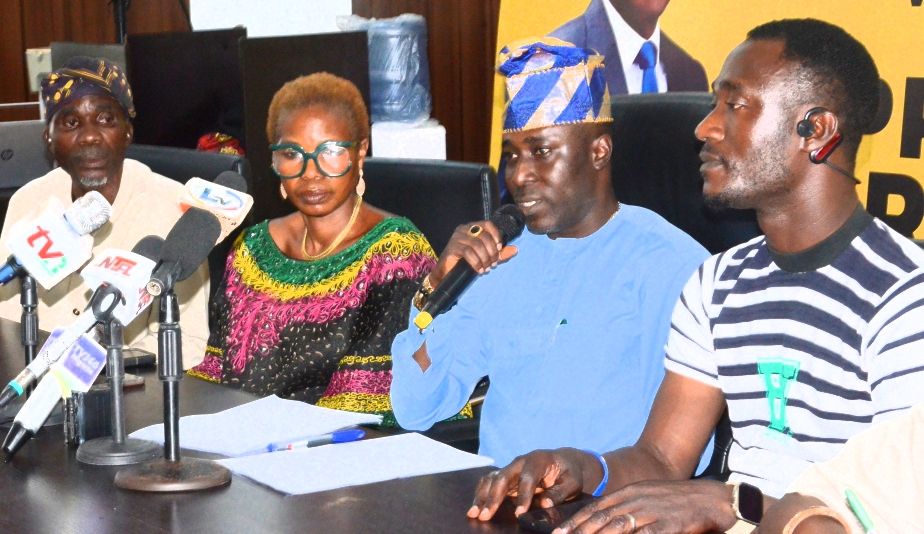No fewer than 1,000 Lagos residents are set to converge as part of efforts to institutionalise collaborative governance and build a state not only defined by physical infrastructure but also rooted in justice, equity, opportunity, and people-driven prosperity.
President of the Greater Lagos Initiative (GLI) and Convener of the Greater Lagos Summit, Prince Adeniyi Olutimehin, made this known during a press briefing at Alausa, Ikeja.
He said this year’s edition, Greater Lagos Summit 5.0, is themed: “People, Power, and Progress: Building an Inclusive Future Through Patriotism, Egalitarianism, Innovations, and People-Centric Development in Lagos State.”
Expected participants include representatives from government ministries, departments, and agencies; traditional rulers and cultural leaders; civil society organisations; advocacy groups; youth-led movements; student unions; social entrepreneurs; market leaders; artisans; academics; influencers; the creative sector; religious groups; interfaith networks; and representatives of persons with disabilities and underserved communities.
Olutimehin stressed that the summit is not just an event but a movement and visionary dialogue aimed at recalibrating the future of the state.
“This year’s edition will also drive the implementation of key projects such as Creativity House, a Talent Exhibition, and the Empowerment of Young Entrepreneurs,” he said.
Awards will also be presented to distinguished individuals, organisations, and sponsors in recognition of their contributions to the progress of Lagos State.
He further described the event as a clarion call for renewed patriotism, deeper egalitarian practices, and innovation-led governance aligned with the aspirations of Lagosians.
“This is not merely another date on our calendar—it is a milestone in our shared journey to entrench inclusive governance, strengthen civic engagement, and accelerate people-centred development,” Olutimehin said.
He explained that the Greater Lagos Summit was conceived as a bold initiative to spark citizen consciousness and promote inclusive governance in building a Lagos that thrives on justice, equity, and shared prosperity.
“Over the past four editions, the Summit has proven to be a platform for transformative ideas, civic energy, and impactful outcomes,” he said. “Each edition has reinforced one enduring truth: progress is impossible without the people, and no government can succeed in isolation.”
He added that the Summit has consistently provided a safe space for citizens to constructively highlight governance gaps and propose pragmatic solutions, while also performing “civic diagnostics” that help policymakers connect with the socio-economic realities beyond official statistics.
“It has also promoted a sense of patriotic ownership of public assets, reminding citizens that government projects are collective patrimonies,” he concluded.















